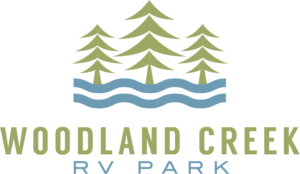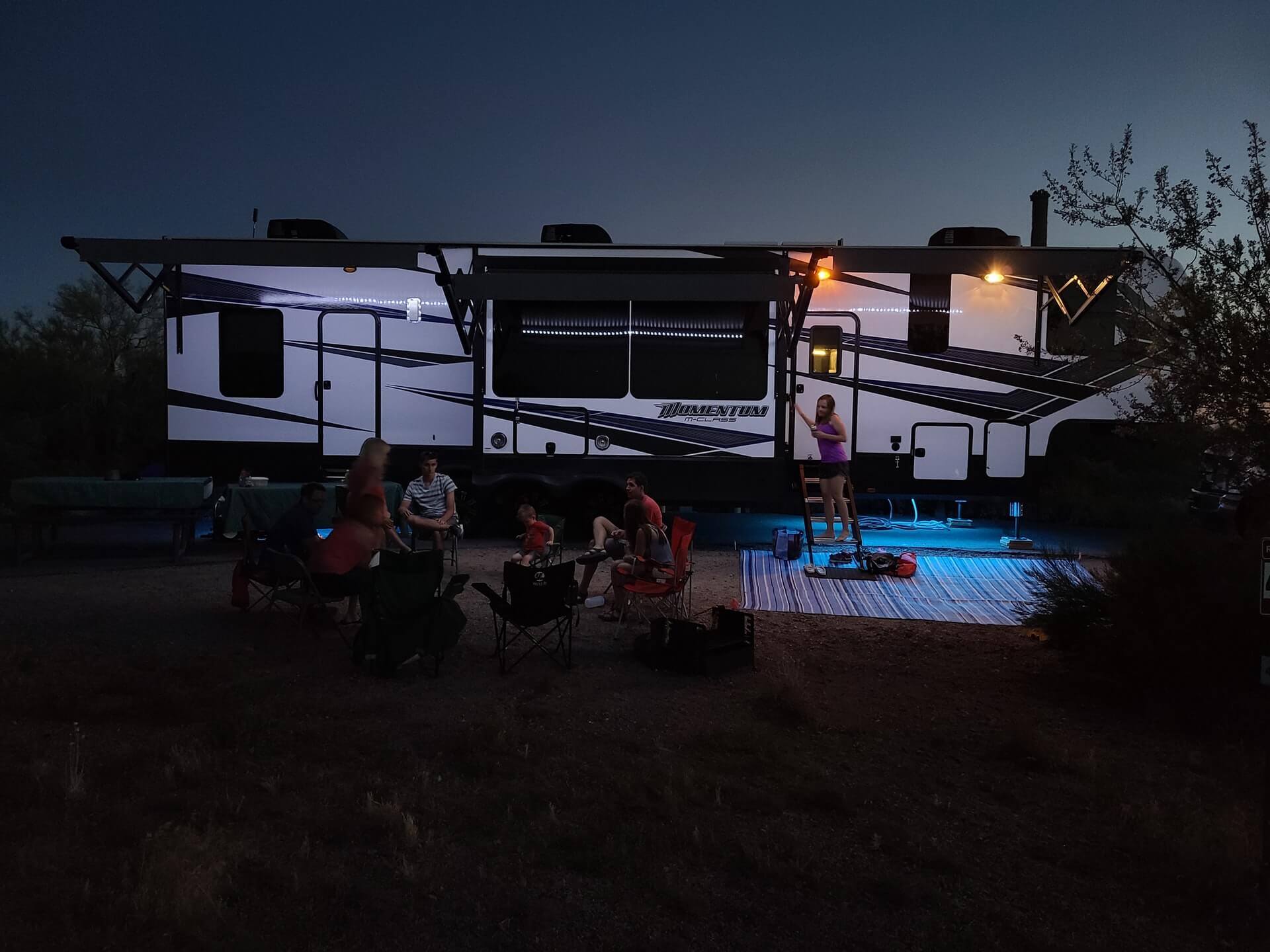RV Precautions: Avoiding Surprises with Preventive Maintenance
At Woodland Creek RV Park in Tyler, Texas, we want you and your family to have the time of your life, and that includes arriving with your vehicle in road-worthy condition.
The absolute last thing anyone driving an RV wants is an unwelcome surprise. Surprises about the scenery or friendly people are one thing – equipment surprises are quite another. Preventive maintenance is essential to avoid these unpleasant situations.
If you’re driving a motorhome, your owner’s manual should contain everything you need to know about making the motorhome move safely.
No matter what type of RV you’re using, preventive maintenance requirements include the RV’s structure and the equipment and utilities inside the RV.
Structure
Preventive maintenance for the structure of your RV involves inspecting, cleaning, and repairing. Here are some tips:
- If you park your RV outdoors, at least once a season (that’s four times a year), climb up to the roof, inspect, and clean. Look for cracks in the top, gaps in caulking or seams, damage to vent covers, and other equipment on the roof. Clean off mold, old leaves, and anything that might keep you from seeing developing problems.
- As you walk around and check your walls, look for cracks and dents and openings around windows and doors. Check vent openings for infestations by insects like mud daubers, and place screening where it’s needed. Look for places where water may be intruding. Do doors and windows open and close without struggling? Do latches work? If you see areas where the skin of the RV seems to be wrinkled, you may have a water leak in the wood framework behind that skin. Ignoring potential leaks is asking for trouble.
- Awnings can collect mold unless they are kept dry, so open yours up when you can, especially after a rainstorm. Lubricate the tracks it uses to open and close.
- Slide-outs can be tricky. Clear the debris from the top of the slide, especially if you don’t have a protective awning. A slide that’s out of adjustment can damage floors or even decide that it’s not going to close when you’re ready to travel.
- Lubricate the parts that must move to work correctly: stabilizing and leveling jacks, automatic steps, door hinges, and awning supports.
Additional Tips for Preventive Maintenance
- Are your running lights working? If not, why not? Your taillights and turn signals should work to stay both legal and safe. Running and marker lights are also a great source of water leaks – double check!
- Cleanliness on the inside is essential; are you keeping your floors clean? How about the walls? Do you see evidence of leaks under your window frames or around your toilet or shower? Do doors and cabinet latches work?
- Below the floor are the frame, the tires, and those all-important water tanks. Are you keeping your black tank clean? Is the water in your freshwater tank fresh? When was the last time you cleaned it? Get underneath and look at the frame, axles, and wheels; are they rusty? Is anything getting ready to break? If you’re pulling a trailer, make sure your wheel bearings are in good shape; you don’t want to find out on the highway.
- Your tires should be less than six years old, inflated to the correct pressure, and in good condition. Blowouts on the road can ruin far more than your vacation. Do you have a good spare? Have you overloaded your RV?
- Do you know what the OCCC (Occupant and Cargo Carrying Capacity) of your RV is and how much leeway you have?
- Consider carrying spare parts for critical systems that can cause problems.
Equipment and Utilities
- Again, inspect, clean, adjust or lubricate as needed, and repair.
- Are your appliances (refrigerator, stove, furnace, air conditioner, etc.) in good condition? Consider what needs repairing before your next trip. Are the required vents by these appliances open and free of junk?
- Does your water system work? Can it sustain the pressure from RV park water systems (which are often much higher than you’d expect)? Adding a water pressure regulator to your hookup system is an excellent way to prevent leaks.
- Have you drained and flushed your water heater lately? Does your sanitary plumbing for gray and black water work well, and do the valves work? No leaks? Can you dump your black tank without leaking all over the ground? Do you have a decent “stinky slinky” sewer hose and connectors?
- Don’t forget to check your heating and air conditioning. If you have a propane furnace, does it work well? Do you have a working carbon monoxide monitor? Your vents and fans should work. Do you have a working smoke detector? (Don’t take the batteries out just because it goes off whenever you make breakfast!)
- Your batteries – are they charged? If you have lead-acid batteries, do they need water? Will they hold a charge?
- One way to avoid problems is to stay in touch with the other people who use your brand or type of RV. Almost every brand will have a forum on the internet, and many allow owners of similar RVs to exchange information. Ask any question, and there’s generally someone who will answer.
Preventive Maintenance
Owning an RV is fun, but it requires work. Surprises happen when least expected, but the more you can do ahead of time to prevent the nasty surprises, the better the trip will go and the more time you’ll have on your vacation to relax and unwind.
Ready for some Tyler, Texas fun? At Woodland Creek RV Park, we’re prepared to offer you a great time. Contact us today to book your adventure, and don’t forget your preventive maintenance.




